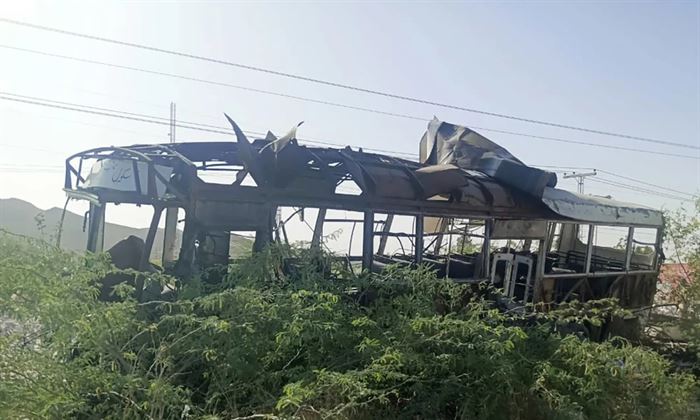An Inspirational Journey Against All Odds
The UPSC Civil Services Examination is widely regarded as one of the most challenging competitive exams in the world. Each year, thousands of aspirants compete for a limited number of elite positions in the Indian Administrative Services (IAS), Indian Foreign Services (IFS), and Indian Police Services (IPS). While many fall short, a few rise against the odds—and one such remarkable story is that of Adiba Anam.
Adiba, a young woman from Maharashtra’s Yavatmal district, is all set to make history as the state’s first Muslim woman to join the IAS. She secured an All India Rank (AIR) of 142 in the UPSC 2024 examination, a feat made even more inspiring by her modest background.
Humble Roots, Big Dreams
Adiba comes from a financially challenged household. Her father, an auto-rickshaw driver who couldn’t complete his own education, always encouraged his daughter to pursue her academic goals. With a strong academic record from her school days and a degree in Mathematics, Adiba demonstrated a clear commitment to her aspirations early on.
Realizing that opportunities in her hometown were limited, she moved to Pune to begin her UPSC preparation journey.
Persistence Pays Off: Fourth Attempt is the Charm
Success didn’t come easily for Adiba. She faced failure in her first two attempts and reached the interview stage in her third, but narrowly missed making the final list. Instead of giving up, these setbacks only fueled her resolve. In her fourth attempt, she finally broke through.
READ MORE: US Muslim Organization Praises Court’s Decision to Free Detained Georgetown Scholar
Her preparation received a major boost thanks to training at Haj House IAS Coaching Institute in Mumbai and later at Jamia Millia Islamia’s Residential Coaching Academy in New Delhi, both of which are known for mentoring aspirants from underrepresented backgrounds.
A Symbol of Hope for the Marginalized
Adiba Anam’s journey is more than just a personal success story—it is a beacon of hope for many young girls from marginalized communities. Her achievement proves that with perseverance, hard work, and the right support, no dream is too distant.
As she stands on the cusp of officially entering the Indian Administrative Service, Adiba is already a role model for countless others who dare to dream despite difficult circumstances.
Conclusion
In a society where social and financial barriers often limit the potential of youth from underprivileged backgrounds, Adiba Anam’s journey is a testament to resilience, courage, and unwavering determination. Her story will not only inspire future civil service aspirants but will also redefine what it means to rise above one’s circumstances to serve the nation.



